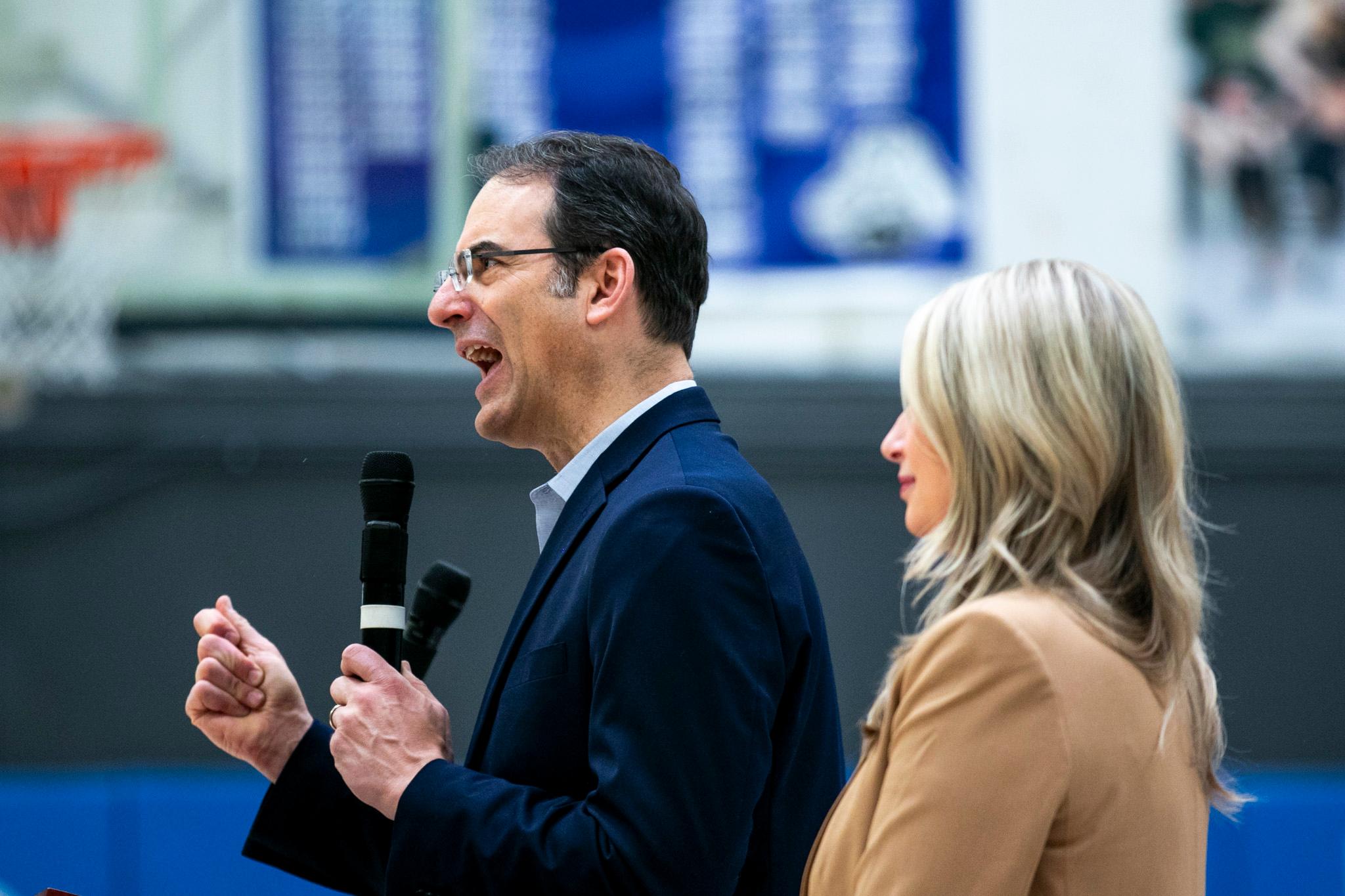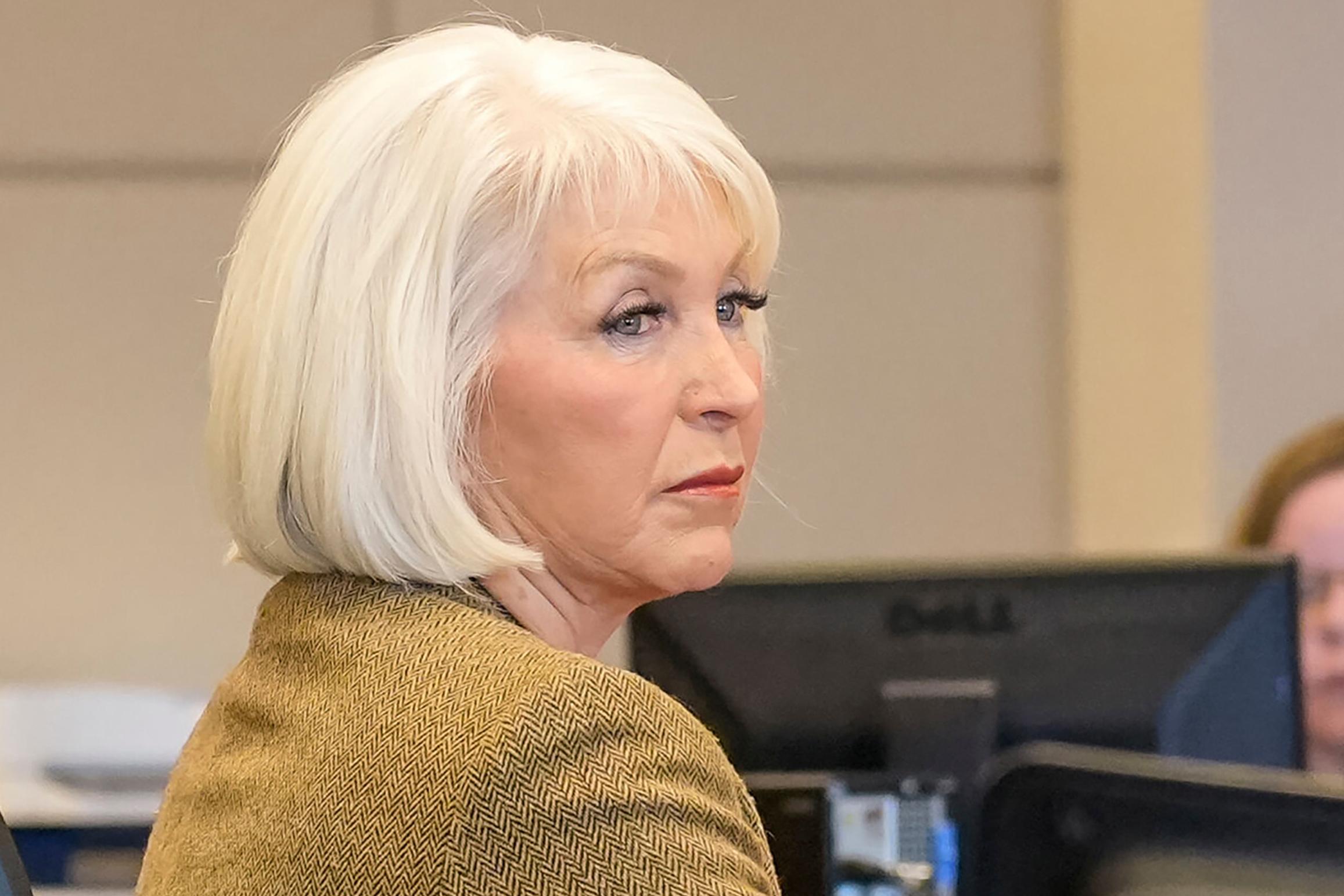
Prosecutors will call at least one Aurora theater shooting survivor to the stand on the second day of the trial of James Holmes.
The trial kicked off Monday nearly three years after the July 2012 shooting in which 12 people died and another 70 were injured. The opening statements provided a more detailed, yet still conflicting, portrait of Holmes.
For his presentation, District Attorney George Brauchler wove a complex timeline, documenting how over the course of a year, graduate student Holmes failed at both his neuroscience program and his attempts at romance.
Holmes is pleading not guilty by reason of insanity. But in his opening statement, Brauchler revealed that two psychiatrists concluded differently.
"They were picked by the Colorado Mental Health Institute of Pueblo, the state mental hospital, at the direction of the court," Brauchler said. "Both of them said the same thing: That that guy was sane when he tried to murder all those people in the theater back in July of 2012."
Brauchler argued Holmes' struggles with school and relationships caused him to focus on mass murder, an act he researched and prepared for over months.
For the first time, prosecutors discussed the contents of Holmes’ infamous notebook. It included ravings, drawings, and plans on the best way to commit mass murder. It showed that Holmes scoped out the theater for that night. Brauchler said the shooter had spent months purchasing weapons, bomb-making materials, and lots of body armor.
Brauchler pleaded with the jury to not believe Holmes' defense.
"I am going to ask you to reject that guy’s claim that he didn’t know right from wrong; that he didn’t have the ability to form the intent to act or plan or deliberate or premeditate," Brauchler said. "Hold him accountable."
But defense attorneys say that the stress at school and in his personal life exacerbated Holmes' already long-standing schizophrenia. Katherine Spengler said evidence will show Holmes had a complete psychotic break in 2012.
"When he stepped into that theater on July 20, his thoughts and actions were consumed by his disease," Spengler said. "His thoughts and actions were not driven by choice; they were driven by his delusion."
Public defender Daniel King told jurors that Holmes first displayed signs of mental illness as a young boy, and that every doctor who has evaluated his client concluded that he suffers from a serious psychotic illness, and isn't faking it.
"By the time Mr. Holmes stepped into that theater his perception of reality was so skewed, was so malformed he no longer lived in the world we live in," King said.
King read nonsensical excerpts from Holmes’ notebook. He showed pictures of it to the jury, pages filled with scribbles of the word “WHY?” written over and over again.
However, the district attorney plans to call expert witnesses who believe Holmes’ was not psychologically impaired enough to meet the legal definition of insanity.
After the lengthy opening statements, Marcus Weaver, whose friend Rebecca Wingo was killed in the theater, said the lawyers' words were tough to sit through.
"I spent a lot of time crying today, just thinking about Rebecca, and thinking about what happened that night," Weaver said. "The flash of his gun, the noise, the sound, the panic."
If convicted, Holmes faces the death penalty. The trial is expected to last four to five months.







